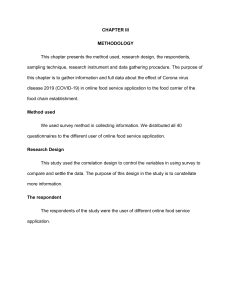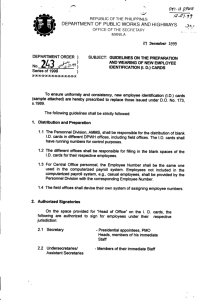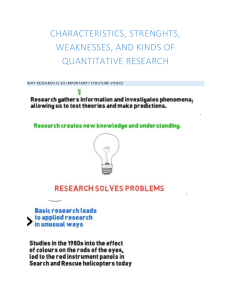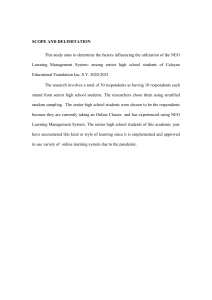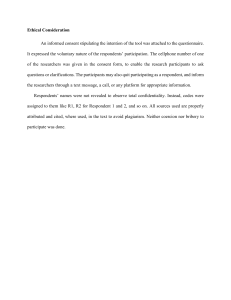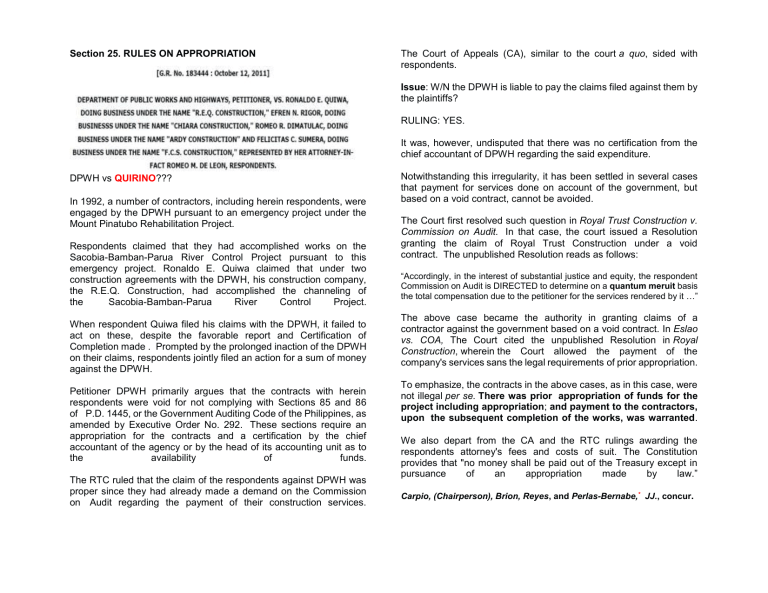
Section 25. RULES ON APPROPRIATION The Court of Appeals (CA), similar to the court a quo, sided with respondents. Issue: W/N the DPWH is liable to pay the claims filed against them by the plaintiffs? RULING: YES. It was, however, undisputed that there was no certification from the chief accountant of DPWH regarding the said expenditure. DPWH vs QUIRINO??? In 1992, a number of contractors, including herein respondents, were engaged by the DPWH pursuant to an emergency project under the Mount Pinatubo Rehabilitation Project. Respondents claimed that they had accomplished works on the Sacobia-Bamban-Parua River Control Project pursuant to this emergency project. Ronaldo E. Quiwa claimed that under two construction agreements with the DPWH, his construction company, the R.E.Q. Construction, had accomplished the channeling of the Sacobia-Bamban-Parua River Control Project. When respondent Quiwa filed his claims with the DPWH, it failed to act on these, despite the favorable report and Certification of Completion made . Prompted by the prolonged inaction of the DPWH on their claims, respondents jointly filed an action for a sum of money against the DPWH. Petitioner DPWH primarily argues that the contracts with herein respondents were void for not complying with Sections 85 and 86 of P.D. 1445, or the Government Auditing Code of the Philippines, as amended by Executive Order No. 292. These sections require an appropriation for the contracts and a certification by the chief accountant of the agency or by the head of its accounting unit as to the availability of funds. The RTC ruled that the claim of the respondents against DPWH was proper since they had already made a demand on the Commission on Audit regarding the payment of their construction services. Notwithstanding this irregularity, it has been settled in several cases that payment for services done on account of the government, but based on a void contract, cannot be avoided. The Court first resolved such question in Royal Trust Construction v. Commission on Audit. In that case, the court issued a Resolution granting the claim of Royal Trust Construction under a void contract. The unpublished Resolution reads as follows: “Accordingly, in the interest of substantial justice and equity, the respondent Commission on Audit is DIRECTED to determine on a quantum meruit basis the total compensation due to the petitioner for the services rendered by it …” The above case became the authority in granting claims of a contractor against the government based on a void contract. In Eslao vs. COA, The Court cited the unpublished Resolution in Royal Construction, wherein the Court allowed the payment of the company's services sans the legal requirements of prior appropriation. To emphasize, the contracts in the above cases, as in this case, were not illegal per se. There was prior appropriation of funds for the project including appropriation; and payment to the contractors, upon the subsequent completion of the works, was warranted. We also depart from the CA and the RTC rulings awarding the respondents attorney's fees and costs of suit. The Constitution provides that "no money shall be paid out of the Treasury except in pursuance of an appropriation made by law.” Carpio, (Chairperson), Brion, Reyes, and Perlas-Bernabe,* JJ., concur.
